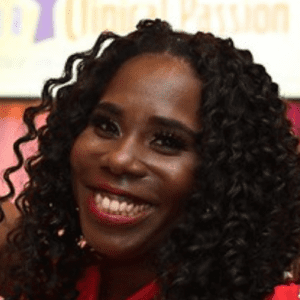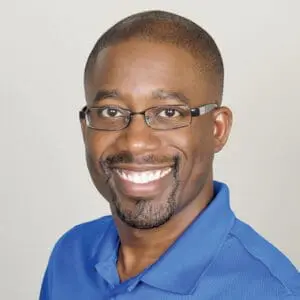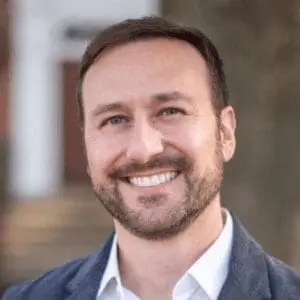Monnica Williams, researcher in mental health disparities, recently noted that if you’re seeing clients of color in your therapy practice, it’s safe to assume that they’ve experienced race-based stress and trauma.
This clip from our series of discussion panels with clinicians from a range of therapeutic specialties explores how white therapists can create a safe healing space, explicitly and implicitly, that allows clients of color to feel comfortable bringing up racial trauma.
As therapists and as human beings, now is not the time to be quiet—silence is harmful. We’re experiencing a societal shift in how we talk about race and racism, and there are several things we can do right now to help in the healing process.
As these therapists explain, white clinicians may first need to do some self-exploration about why they might be anxious about bringing up issues around race in therapy. The next step is to educate themselves about racism and trauma, how its effects live in the nervous system and impact the well-being of individuals and society as a whole.
Lambers Fisher, therapist and diversity trainer, says that a client of color may have other issues they’d like to discuss in therapy besides race, but leaving a door open for them to return to it can be therapeutic in itself. For instance, a therapist might say, “Hey, we’ve been hearing a lot of things on the news lately. I’m not sure how that’s affecting you, if at all.” It’s a soft introduction, he says, that avoids asking the client to be the race educator.
Amber Flynn
Amber Flynn, MA, LCPC, NCC, is in private practice and specializes in race-based trauma, behavior analysis, and Internal Family Systems.
Deran Young
Deran Young, LCSW, is the Founder of Black Therapists Rock, an organization that includes over 20,000 professionals committed to reducing intergenerational trauma in marginalized communities. She’s also the 2023 Psychotherapy Networker Vanguard award winner.
Lambers Fisher
Lambers Fisher, MS, LMFT, MDIV, is a marriage and family therapist who has counseled individuals, couples, and families from a variety of cultural backgrounds, in private practice, non-profit organization, as well as ministry environments. He has a strong desire to help counseling professionals in various fields feel more comfortable, competent and confident in their ability to meet the needs of whomever they have the opportunity to serve. Lambers’ training experience includes facilitating workshops, guest lecturing, as well as being an adjunct instructor at Crown College on various aspects of diversity in counseling. Lambers supervises aspiring therapists as a board-approved supervisor for the Minnesota Board of Marriage & Family Therapists as well as the Minnesota Board of Behavioral Health.
Zachary Taylor
Zach Taylor, MA, LPC, is the Director of Psychotherapy Networker. He frequently interviews the field’s top experts and is among the hosts of the annual Psychotherapy Networker Symposium, which is the largest and longest running annual gathering of psychotherapists in the world. In addition, he manages CE trainings and programs for PESI, Inc., Networker’s parent company. Prior to joining Psychotherapy Networker, he spent 10 years in practice specializing in anxiety and panic disorders. His mission is to support psychotherapy professionals and develop future trainers and trainings to improve outcomes for their clients. He currently lives in Eau Claire, WI.















